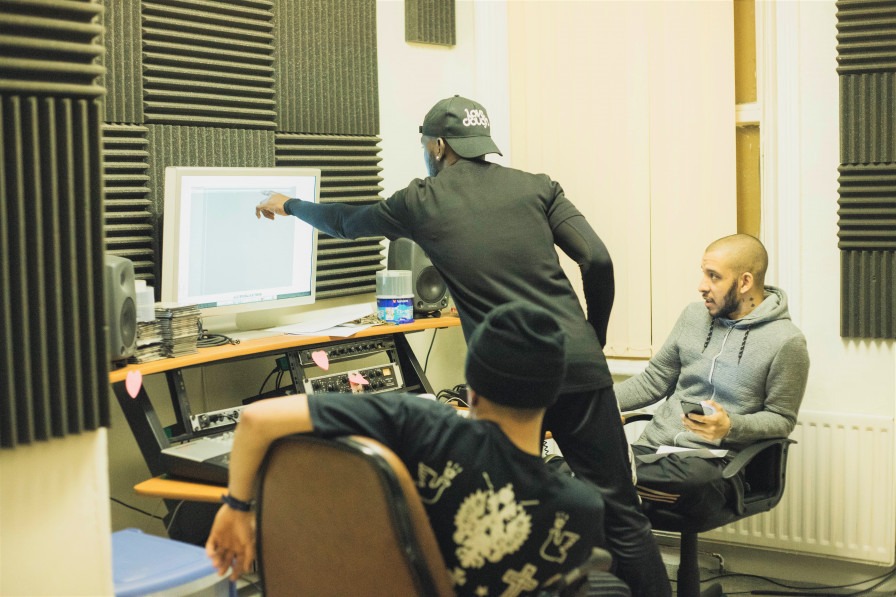Evaluation Drop-In Session Write-Up

In February and March 2021 we have launched our new evaluation resources (Plan, Do and Review guidance) and reporting templates for our Fund A and Fund B grants.
As part of the launch, Youth Music organised our first Grantholders Evaluation drop-in session which was held in April 2021. The aim of the session was to talk about some of the key changes in our approach to evaluation, and answer any questions that our grantholders have. Over 75 people joined the session and the majority (91%) of attendees felt more confident about their own evaluation as a result of the session and most (85%) would like to attend another one in the future.
In this blog we share 10 top tips that came from our live discussion with attendees and resources that we’ve updated or created off the back of the session.
Hopefully, you’ll see that you don’t need to be evaluation experts in order to carry out a successful evaluation of your project that works for you!
Top 10 tips for your evaluation:
- The most important aspect of your evaluation is your learning – as individuals and as organisations – rather than demonstrating impact.
- Your evaluation must work for you first and foremost. Whilst there is a framework around Youth Music’s evaluation processes, there is a huge amount of flexibility within that framework.
- We all learn as much from what doesn’t work as we can learn from what does work. We want to hear about the challenges as much as the successes.
- Evaluation usually works well when it has been informed by the people who are closest to your work. Involve your project managers, partners, and music leaders – and where appropriate, young people - in your evaluation design. You don’t want to create a rigorous evaluation plan and use it in a setting where it will never work.
- Make sure that your evaluation is proportionate to your project. Keep it simple, pick a few key things to measure, and measure them well.
- You don’t need to demonstrate a link between any changes that have occurred in your project and the work that you do. Try to capture data that demonstrate change, and explore and interpret how this may link to what you do.
- It is totally valid to say you think something is happening, but that your evidence doesn’t support this. If this happens, you can explain why you think the evidence doesn’t support it.
- Remember to tell us what data you collected, when you collected it and how many responses you had. This is important as it helps us understand the scope of your evaluation.
- Tell us about the strengths and limitations of your evaluation.
- Throughout your evaluation, you should be making clear reference to your outcome indicators and your data collection tools.
Updated Further resources
In response to some of your questions form the session, we have updated some of our existing resources and created some additional resources to support your evaluation. Go to the Evaluation Guidance – Further resources section on the Youth Music Network and you’ll find:
Common evaluation challenges (updated resource)
- This resource compiles a list of common issues encountered in evaluation and frequently asked questions, alongside some responses or ways around them.
Different evaluation techniques (new resource)
- This resource lists interesting techniques of evaluation that Youth Music funded organisations use when they are working with different groups of participants.
Online data collection tools (new resource) – coming soon
- This resource will cover online data collection tools and some further tips on conducting evaluation online.
You may also find the following posts on the Youth Music Network useful:
- Engaging Young People Through Non-Digital Means
- Working with Disabled Young People Online During Social Distancing
If you have any feedback or further questions, please don’t hesitate to get in touch with Youth Music at grantholders@youthmusic.org.uk and a member for the Research & Evaluation or Grants & Learning teams will get back to you.
